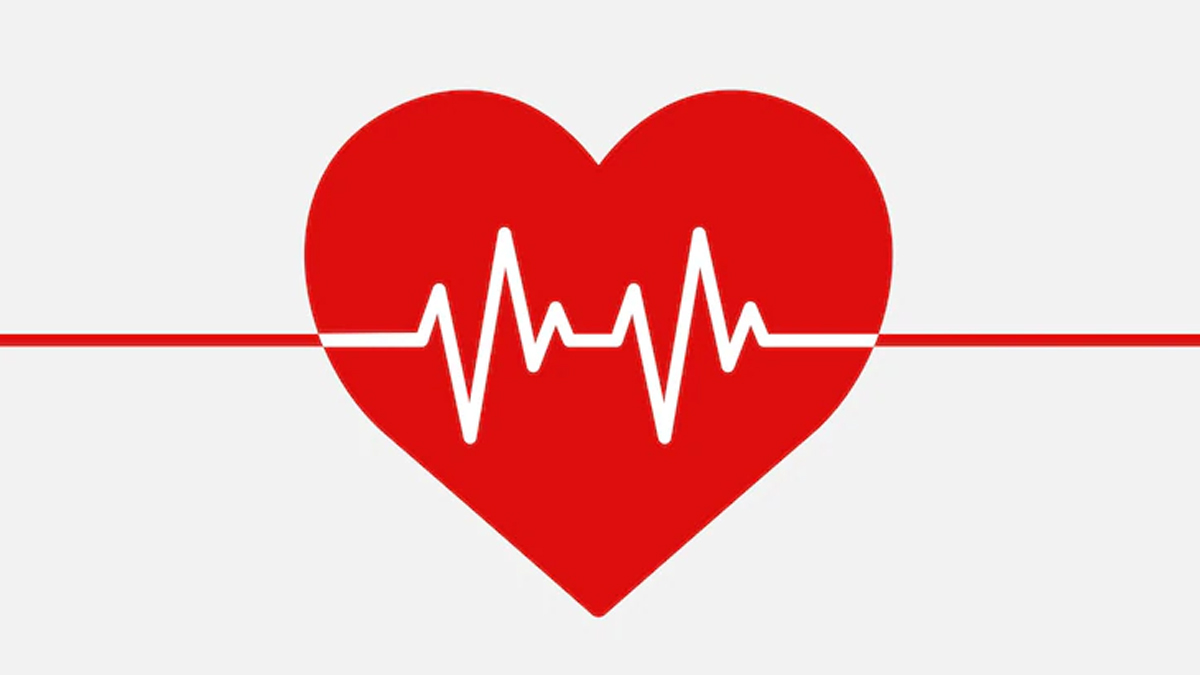
For heart patients, winter is not a season to enjoy. Winter brings specific health challenges, especially for your heart. As vessels during winter season constrict which can increase the risk of heart attacks, making it essential to take steps to protect your cardiovascular health. According to the World Health Organisation (WHO), heart attacks and strokes accounted for 85% of the expected 1.79 crore deaths from Cardiovascular Diseases (CVDs) in 2019.
Table of Content:-
“A heart attack, also known as a myocardial infarction, happens when the heart muscle does not receive adequate blood supply. When blood flow is not restored for an extended amount of time, it can cause heart muscle damage, resulting in a heart attack,” said Dr Subrat Akhoury, Director-Cath Lab and Interventional Cardiologist and Head, Asian Hospital, Faridabad.
Practice Regular Exercise
Winter often makes us less inclined to exercise, but physical activity is vital for heart health. Try indoor workouts, like yoga or home exercises, to stay active even when it's cold outside.

Eat a Heart-Healthy Diet
Opt for warming and nutritious winter foods like soups, stews, and roasted vegetables. Include plenty of fruits, vegetables, whole grains, and lean proteins in your diet to maintain a healthy heart.
Also read: Winter Stroke: Expert Explains Ways To Prevent It
Keep Warm
Cold temperatures can strain your heart, so make sure to dress warmly. Layer your clothing, wear a hat, and keep extremities covered to maintain body heat.
Monitor Blood Pressure
High blood pressure is a major risk factor for heart attacks. Regularly check your blood pressure, and if it's high, work with your doctor to manage it effectively.

Manage Stress
The holiday season can be stressful. Practice stress-reduction techniques such as meditation, deep breathing, or spending time doing activities you enjoy to keep stress at bay.
Stay Hydrated
It's easy to forget to drink enough water during winter. Proper hydration is crucial for heart health, so make sure you're drinking an adequate amount of fluids daily.
Limit Alcohol and Caffeine
Excessive alcohol and caffeine consumption can negatively impact your heart. Enjoy these beverages in moderation and be mindful of their effects on your health.
Avoid Overeating
Holiday feasting can lead to overeating, which can strain your heart. Pay attention to portion sizes and avoid excessive indulgence in high-fat and high-sugar treats.
Stop Smoking
If you smoke, quitting is one of the most significant steps you can take to protect your heart. Seek support from healthcare professionals or smoking cessation programs.
Also read: How Does The Winter Season Affect Your Sleep
Get Vaccinated
During the winter months, respiratory infections are more common. Consider getting a flu shot and any other recommended vaccinations to reduce the risk of infections that can affect your heart.
Winter heart attacks require a mix of lifestyle adjustments and increased awareness. You can lower your risk by being active, eating a heart-healthy diet, and managing stress. Remember to take extra measures in cold weather, to routinely assess your health, and to make wise choices to safeguard your heart. Implementing these lifestyle adjustments can help ensure a heart-healthy winter season.
Also watch this video
How we keep this article up to date:
We work with experts and keep a close eye on the latest in health and wellness. Whenever there is a new research or helpful information, we update our articles with accurate and useful advice.
Current Version